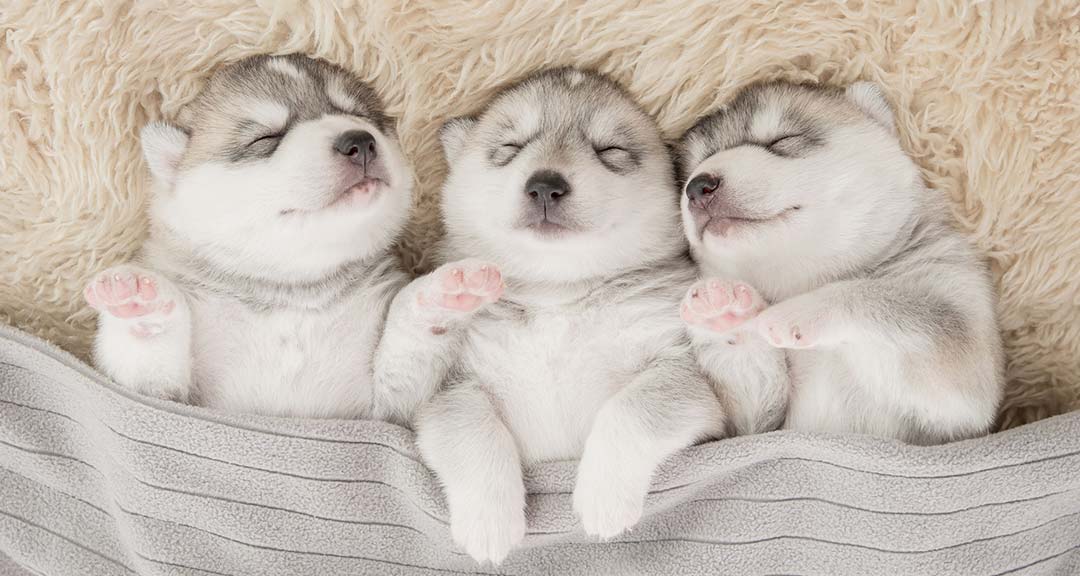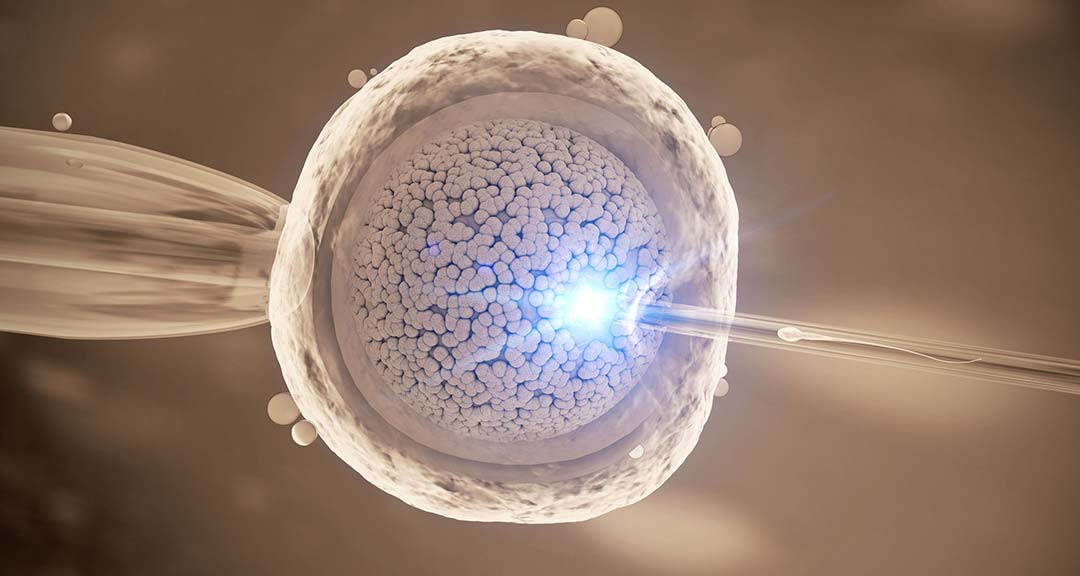How are dogs and cats cloned?
In the most basic terms, a tissue sample is acquired from a pet and the genetic material from some of the cells is removed. Scientists then acquire a viable egg or oocyte from a female cat or dog donor, remove that cell’s nucleus, and replace it with the genetic material extracted from the pet.
Once the pet’s genetic material has been injected into the donor’s egg cell, the cell is given a small jolt of electricity to fuse the new nucleus to the egg. The egg is then placed into a surrogate mother who hopefully will carry the egg to term (usually 60 days). The puppies and kittens are often delivered by caesarian section and then nursed by the mother or by the laboratory team until they are ready to be placed in their permanent home. One of the puppies and kittens will obviously go back to the pet parent who purchased the cloning service. For a more detailed explanation of animal cloning, you can visit the National Human Genome Research Project webpage on the topic.
What are the companies that clone pets?
Texas based ViaGen is the only company in the U.S. that clones pets. Sinogene and Sooam are two Asian companies that also provide pet cloning services. Since its start cloning livestock, ViaGen has seen the pet side of its cloning business double in size and employees are optimistic about future growth. China based Sinogene is pushing the limits of cloning technology and experimenting with ways to sustain and improve important qualities in police dogs. Sooam is reported to be working on a project to ‘re-extinct’ a baby wooly mammoth. As you can imagine, all kinds of controversy and debate encircles such practices.
What’s in the fine print?
The cloning process in dogs and cats includes some important disclaimers and raises some ethical concerns:
A Genetic Copy, But Not The Same Animal
A clone is a genetic twin of the animal from which it was cloned, but it is not the same animal. Just as identical twins may have some deviations in appearance and personality, so too do clones. In fact, cloned animals may have even more drastic differences, especially when it comes to eye color, hair color and coat patterns, all of which are controlled by the expression of genes after the pet is born and which can be influenced by the environment. Personality too can be shaped by mothering, rearing, the interaction with litter mates and so forth. In short, you can expect a clone that is reasonably like your past pet, but not an exact copy.
Cloning Is Not 100% Successful
Only about 10-20% of eggs that are paired with the genetics of the cloned pet actually become viable. Of those, even fewer successfully implant in the surrogate mother and come to term.
Cloning Requires Other Animals
In order for pets to be cloned, an animal must serve as an egg donor, and another must serve as the surrogate. These pets are kept in humane conditions at the labs, but it still means that other animals are put into service to provide pet owners with their cloned pets.
The Cloning Process Generates More Than One Clone
Since the success rate of implantation is not 100%, multiple eggs are implanted in the surrogate animal. If all of these eggs come to term, then multiple clones are born. Companies have humane, ethical ways of ensuring that all of these animals find homes, but pet owners should be aware that when the process is through, there will be several clones born.

How do pet parents go about getting their pets cloned?
Companies like ViaGen provide clients instructions for how to collect tissues samples from pets. Typically the collection process entails:
- Have a licensed veterinarian take sterile samples of skin and ear tissue from the pet that is to be cloned. The company requires 4 samples of skin, 2cm x 2cm in size, stored in sterile saline, and shipped to the company under refrigeration.
- If the pet is deceased, tissue can still be sampled, but viability of the tissue degrades with each day after death.
- Tissue cannot be used if the pet’s body has been frozen, so if you are unsure how you want to proceed, make sure that your pet’s body is refrigerated after death and contact a ViaGen lab assistant immediately
How Much Does Pet Cloning Cost?
The cost of cloning a cat is $35,000 and $50,000 for a dog. ViaGen requires a deposit of half the amount to the start the process and the remainder when the process has been completed. They have refund policies in place should the tissue samples not be viable or the cloning process not possible for other reasons.
What if pet parents are unsure about the cloning process?
If pet parents want more time to consider whether to clone or not, or want to wait until cloning technology improves, ViaGen has a separate service that safely preserves a pet’s tissue for potential future cloning.
Can Brookfield Assist Me With Learning More About Cloning?
Yes. If you have more questions about the cloning process or need assistance with taking tissue samples from your dog or cat to be preserved, we can help you. We believe that there are ethic considerations that you should know about and fully understand, but we ultimately believe that the decision to clone your pet, or save his or her tissue, is fully up to you.

